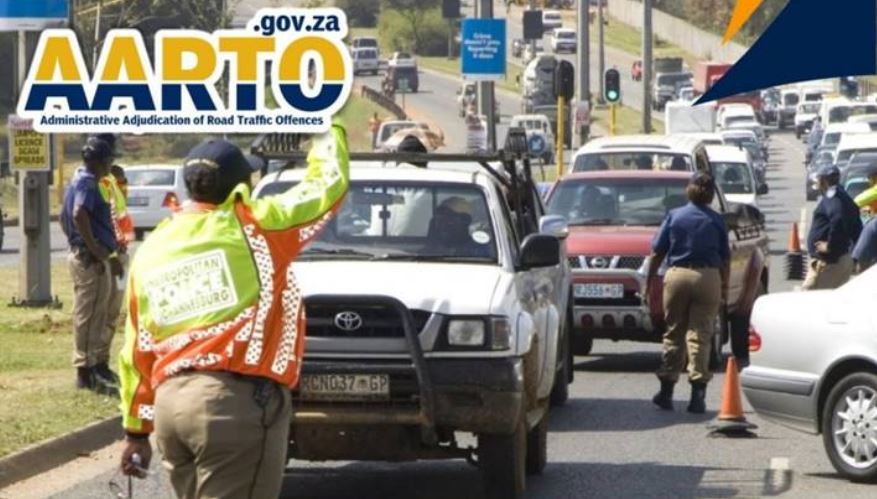A long-anticipated overhaul of South Africa’s driving laws, which was expected to come into effect this month, will only be implemented later in the year, according to the City of Cape Town’s Traffic Services department. The upcoming changes are set to significantly alter how traffic offences are handled across the country.
The Administrative Adjudication of Road Traffic Offences (AARTO) system, aimed at tightening road safety and improving compliance, will usher in a new era of driver accountability once it is fully operational. Under this system, a demerit point framework will be introduced alongside new procedures for managing traffic fines.
Despite initial expectations, the roll-out of the system will not happen in June as originally suggested.
“While discussions indicate that AARTO is effective today, 5 June 2025, the City can confirm that the implementation date has in fact been moved out to 1 October this year,”
said Maxine Bezuidenhout, spokesperson for Cape Town’s Traffic Services.
A Nationwide Roll-out
AARTO is being spearheaded by the Road Traffic Management Corporation (RTMC), with plans for a nationwide introduction. Once in place, it will not only govern the enforcement of traffic laws but will also handle the administration, collection, and adjudication of fines linked to road traffic violations.
This centralisation is intended to create a uniform system across South Africa’s provinces, which currently operate under varied traffic enforcement methods.
What Will Change for Drivers?
Under the AARTO framework, drivers will accumulate demerit points on their licences for specific traffic offences. Each offence will carry a set number of points, and as drivers accumulate points, they face escalating consequences. Accumulating too many points may lead to the suspension, or even cancellation, of their driving licences.
This system is designed to promote safer driving habits and discourage repeat offenders. Importantly, points will not be permanent; they can decrease over time if the driver maintains a clean record.
The law also introduces clearer processes for contesting traffic fines. With AARTO, the administration of fines and disputes will be managed through a central authority rather than fragmented through local municipalities, as is currently the case.
Why the Delay?
While many anticipated that the demerit system would commence in June, further administrative and logistical considerations have pushed the roll-out to October. Industry insiders suggest that aligning municipal systems and ensuring nationwide readiness remain significant challenges.
Authorities stress that the revised timeline is necessary to ensure a smoother transition and greater public awareness. The delay also offers drivers more time to familiarise themselves with the changes the new law will bring.
What Should Drivers Expect Next?
As the October implementation date approaches, motorists can expect increased public information campaigns and updates from the RTMC and municipal traffic departments.
For now, local traffic enforcement will continue under existing regulations, with preparations for the shift to the AARTO system ongoing behind the scenes.

















